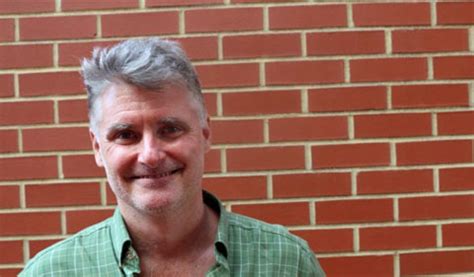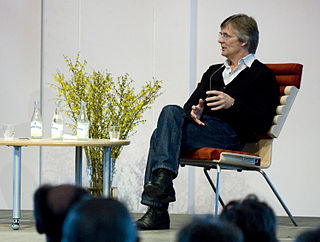A Quote by Robert Waterman McChesney
In many respects, we now live in a society that is only formally democratic, as the great mass of citizens have minimal say on the major public issues of the day, and such issues are scarcely debated at all in any meaningful sense in the electoral arena. In our society, corporations and the wealthy enjoy a power every bit as immense as that assumed to have been enjoyed by the lords and royalty of feudal times.
Related Quotes
Can we say that the constitutional monarchies in Spain, Belgium or England are democratic? Those with superior chambers like the House of Lords in England, that still represent the English feudal nobility in terms of positions above regional representatives, who are in the end the representatives supposedly elected by the population. Many mechanisms exist, but they are mechanisms to preserve the power of the wealthy classes, of the bourgeois classes that hold the power and rights above the rest of the society.
There's just so many facets, I think, of the ignorance in our society that have to be corrected if we're really going to have a democratic society and a society that is just and that respects all of the members of this society regardless of who they are, what color they may be, what sexual orientation that they have or what gender, you know, they happen to be.
A democratic public forms when citizens gather together to deliberate and make public judgments about local and national issues that affect their lives. By associating together for public discussion, citizens learn the skills necessary for the health of a democratic public; listening persuading, arguing, compromising, and seeking common ground. When these skills are nurtured within the institutions of a democratic public, citizens educate themselves in order to make informed political decisions.
It is a fact that, in the West, we live in a capitalist society, but that does not mean that we cannot be guided by the idea of a social conscience in our work. Yes, fashion design requires consumers to consume, but we can do our bit for society by running our companies in a socially responsible way, and by creating products that promote respect for social and environmental issues. There is also the possibility for power and influence to be a force for change.
Kofi Annan described World Summit on the Information Society as the first summit to deal primarily with an opportunity. The range of issues and potential opportunities that might be included in the Information Society is enormous. Compromise texts are very poor at addressing these in any meaningful way, and many governments see little point in trying.
It is the political task of the social scientist — as of any liberal educator — continually to translate personal troubles into public issues, and public issues into the terms of their human meaning for a variety of individuals. It is his task to display in his work — and, as an educator, in his life as well — this kind of sociological imagination. And it is his purpose to cultivate such habits of mind among the men and women who are publicly exposed to him. To secure these ends is to secure reason and individuality, and to make these the predominant values of a democratic society.
From the moment the organizer enters a community he lives, dreams... only one thing and that is to build the mass power base of what he calls the army. Until he has developed that mass power base, he confronts no major issues.... Until he has those means and power instruments, his tactics are very different from power tactics. Therefore, every move revolves around one central point: how many recruits will this bring into the organization, whether by means of local organizations, churches, service groups, labor Unions, corner gangs, or as individuals.


































